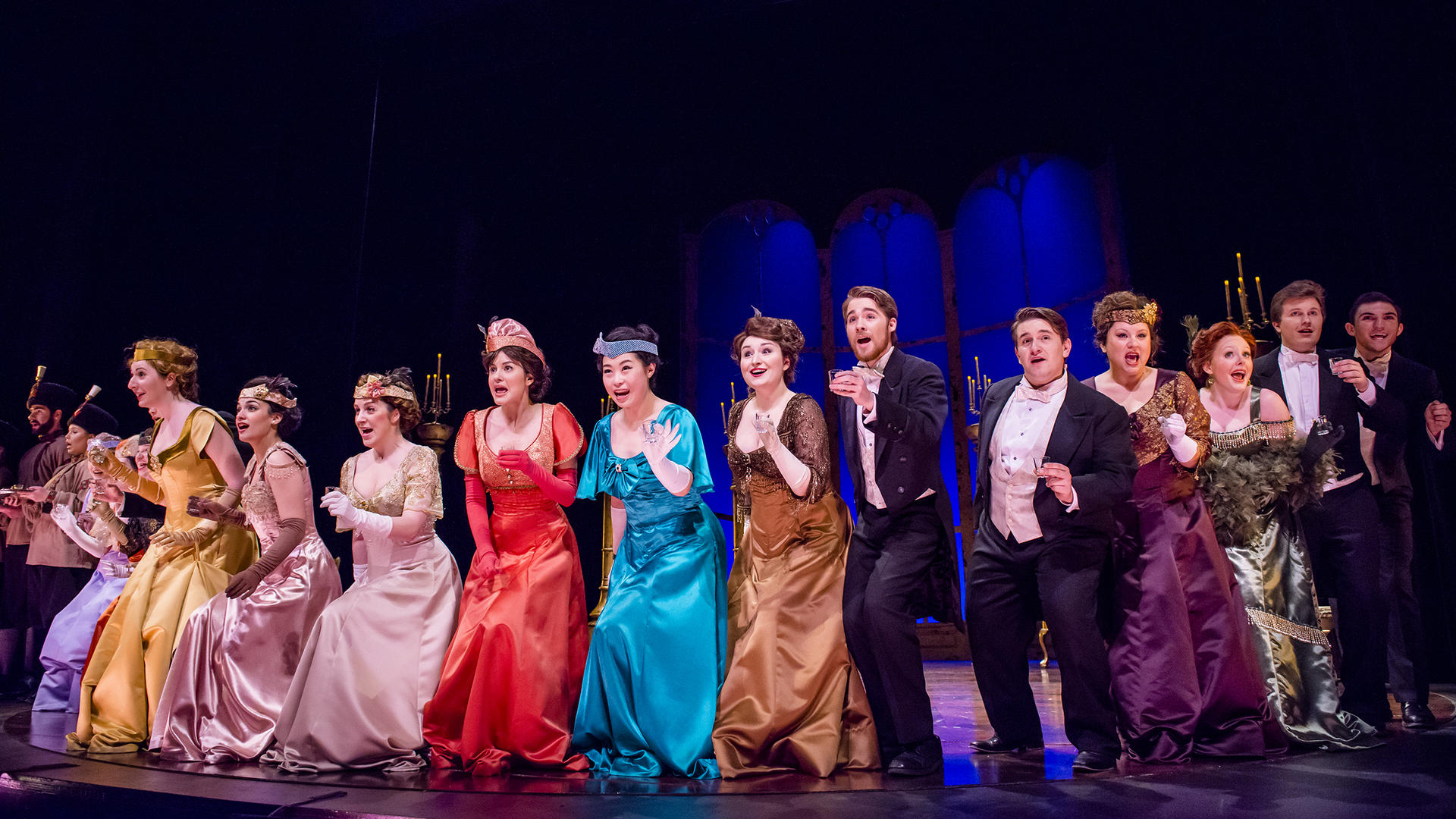
Without Verdi as a linking presence, however, the idea becomes untenable. Given his importance and popularity, it has been natural to project this idea of a gradual change onto the field of Italian opera as a whole. He lived for so long and developed his style so much throughout his career that his oeuvre taken alone shows a gradual transition between the Rossinian style and a later one. Why, then, have we regarded all of these operas as belonging to the same continuum? Of course, in terms of the Italian tradition as a whole, the differences between Monteverdi, Handel and Donizetti are even more noticeable, but what is different in the pre-1850, post-1860 examples is the short time-span separating these two distinct musical universes. If one then listens to a selection from Verdi’s Don Carlos and Otello and Boito’s Mefistofele, the difference with the earlier set is striking. Each of these composers has an individual voice, certainly, but there is a clear uniformity of style among them. Italian opera, by contrast, had not changed very much during the first half of the 19th century: listen back-to-back to any random selection of music from operas by Rossini, Bellini, Donizetti, and by Verdi up to about 1849 (La battaglia di Legnano) and the strong similarities are audible enough. Instead, historical sources suggest that the reasons behind the crisis were related to a broader cultural change, brought about by urbanization, industrialization, the railway, and the rise in economic power of the non-aristocratic classes-larger European-wide processes that resulted in new ways of perceiving a world that moved increasingly quickly. But there is no clear evidence that the crisis in Italian opera was itself a product of Italy’s new political reality. Here one must be cautious, however, for it is tempting to search for a causal connection between these two phenomena. As Italy was being born, its foremost cultural product seemed to wither. It is a striking irony that this compositional crisis should coincide so precisely with the moment that Italy finally became a nation: the process of geo-political unification lasted from July 1859 (when the Austrian Empire ceded Lombardy to France, which in turn ceded it to Piedmont) until October 1870 (when Napoleon III withdrew his troops from the Papal States, leading to their annexation to the Kingdom of Italy). I certainly did not set out to challenge the narrative of 19th-century opera, but one conclusion has emerged as unavoidable: that in the 1860s the tradition of Italian opera died, and something altogether different began to develop. In an attempt to understand why this was the case, I focused on operatic culture in Milan during this decade.

What is still more intriguing is that even at the time the list would have been no easier to compile, as there were no other new Italian operas that achieved success domestically or abroad. Perhaps Boito’s Mefistofele (1868) would make the list, but in truth it was only the radically revised version of 1875 that gained some popularity. Thinking about the 1860s today one would recall Verdi’s Forza del destino (1862) and Don Carlos (1867), although neither was written for Italy, and the latter is thoroughly French. If a historical narrative for those 30 years has been awkward, it is the first ten that have been most challenging. Nevertheless, we are still left with something of a historical black hole between Verdi and ‘Verismo’. Perhaps this tendency is unsurprising, since-Verdi excepted-from those 30 years only Ponchielli’s La Gioconda and Boito’s Mefistofele have endured, at the very margins of the mainstream repertoire. Operatic histories tend to reach Verdi and then quickly gloss over the intriguing period between 1860 to 1890, the year in which Mascagni’s Cavalleria rusticana (and the so-called ‘Verismo’) appeared, shortly followed by the works of Puccini. But the final familiar step-from Verdi to Puccini-is not so straightforward. Through the first half of the 19th century the tradition is clear enough: from Rossini through Bellini and Donizetti to Verdi.
WHEN DID OPERA DEVELOP SERIES
This view was reiterated in last year’s BBC TV series ‘Opera Italia’, and on the whole seems uncontentious enough however, my doctoral research has led me to become increasingly uncomfortable with its ending. The history of Italian opera is typically drawn as a continuously developing artistic tradition lasting some 300 years, from the early 17th century to Puccini’s Turandot, first performed in 1926.

Opera Magazine » Features » Articles » The Death of Italian Opera The Death of Italian OperaĬarlos del Cueto explores the end of a musical era


 0 kommentar(er)
0 kommentar(er)
